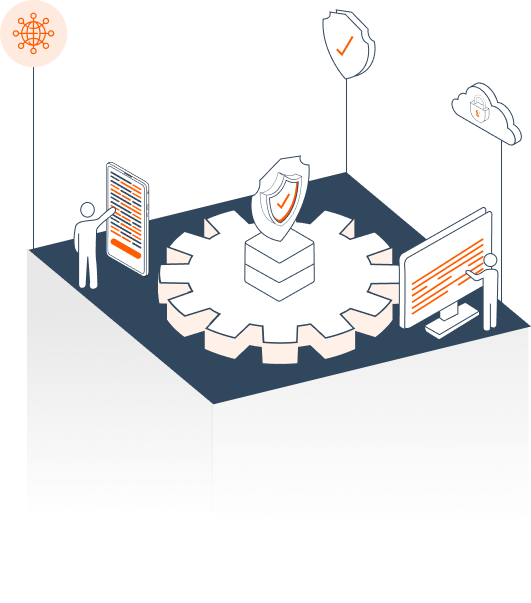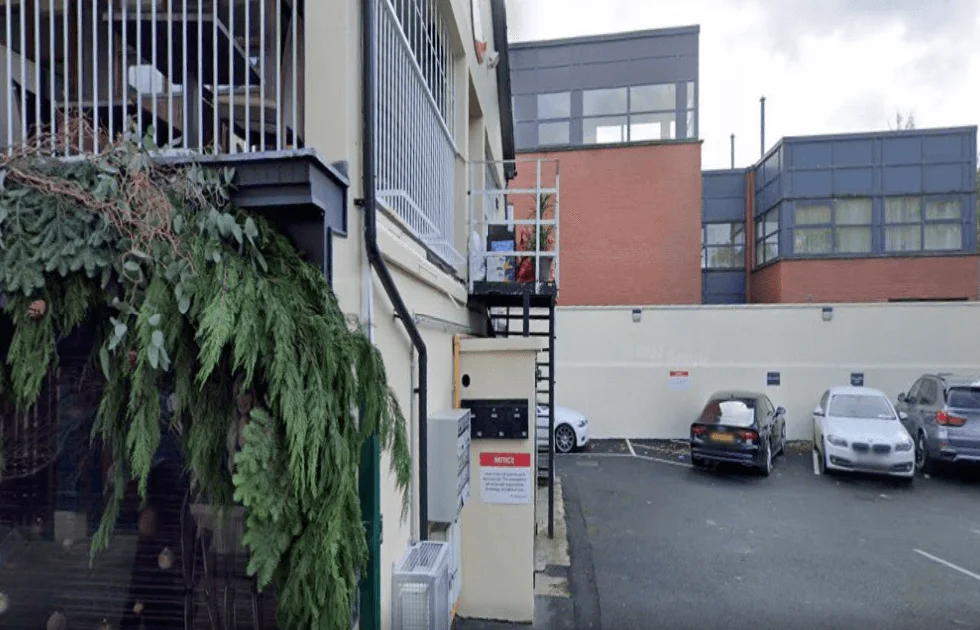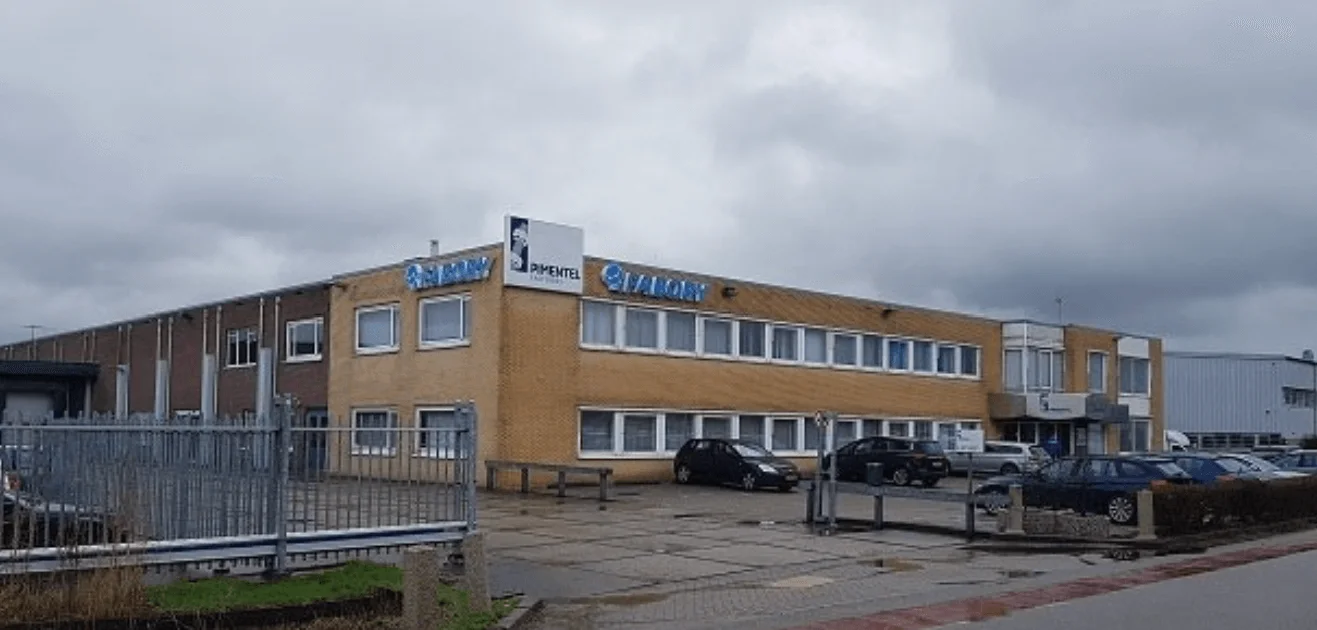As your organisation grows, your security needs will need to adapt to keep your business fully protected. With managed SOC as a service, you can easily enhance or reduce security requirements based on your business needs.
Incident Investigation and Analysis:
SOC analysts conduct thorough investigations into security incidents. This involves analyzing the nature and scope of the incident, identifying the root cause, and providing recommendations for preventing future occurrences.
Centralized Security Management:
SOC provides a centralized hub for managing and overseeing an organization's security posture. This centralized approach enhances coordination, communication, and control over security operations.
Continuous Improvement:
SOC engages in continuous improvement by analyzing past incidents, identifying areas of weakness, and implementing measures to enhance overall security. This iterative process helps organizations adapt to evolving cyber threats.
24/7 Monitoring:
SOC operates around the clock, providing continuous monitoring of an organization's IT infrastructure. This ensures that security incidents are identified and addressed promptly, even during non-business hours.
Employee Awareness and Training:
SOC teams often play a role in educating employees about cybersecurity best practices. By raising awareness and providing training, organizations can reduce the likelihood of security incidents caused by human error.
Compliance Management:
SOC helps organizations comply with industry regulations and standards by monitoring and reporting on security events. This is crucial for industries with strict regulatory requirements, such as finance, healthcare, and government.









































 310 reviews on
310 reviews on 



























